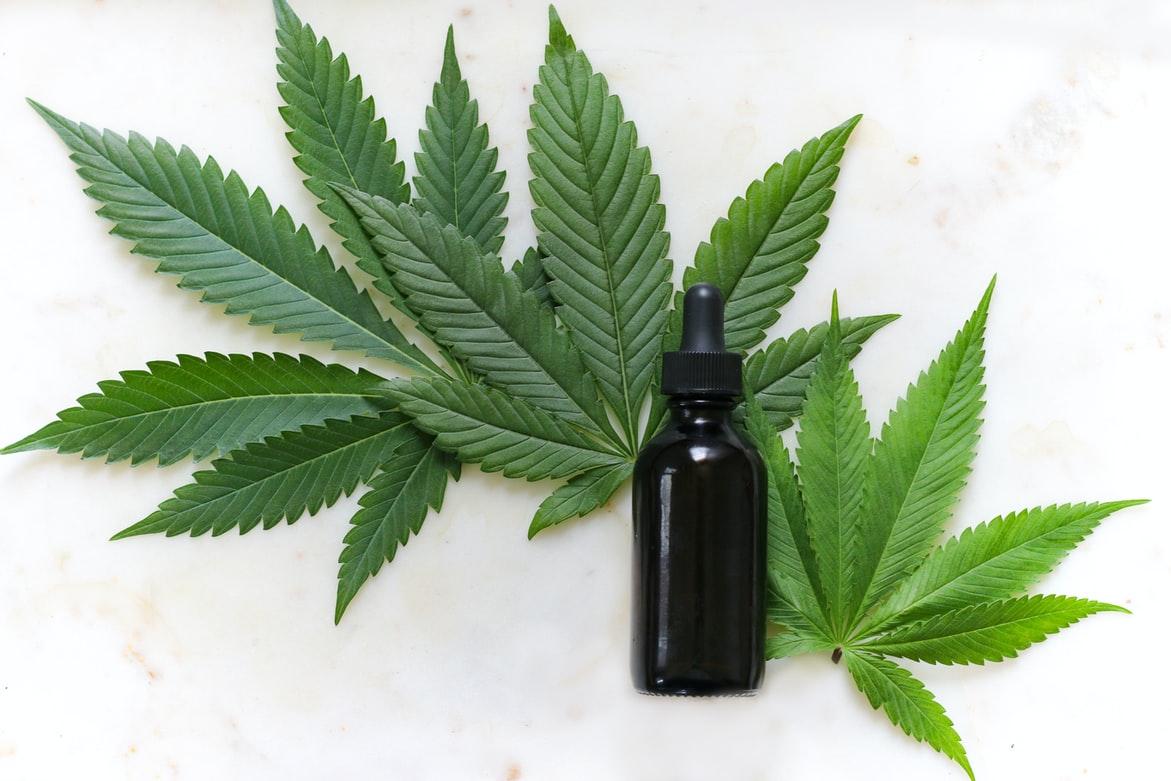You are here
Home 🌿 Marijuana Politics 🌿 Man cooking hash oil sparks explosion strong enough to damage Ontario hotel 🌿Man cooking hash oil sparks explosion strong enough to damage Ontario hotel

Police seize a little more than $4,000 in drugs after blast.
A 51-year-old man who was cooking hash oil at a local hotel in Sudbury, Ont. had to receive treatment after his clandestine culinary caper sparked an explosion.
Upon their arrival and initial investigation, emergency officials officers found indications that cannabis oil was being made.
After obtaining a search warrant, members of the GSPS Drug Enforcement Unit, assisted by the Ontario Fire Marshall’s Office, searched the room.
There, they found and seized butane, an induction hot plate, 22 vials of hash oil worth an estimated $708, 61.5 grams of hash valued at $1,230 and just shy of 218 grams of cannabis with an estimated street value of $2,178, notes the police statement. In all, police confiscated drugs valued at $4,116.
The man was arrested two days later and charged with arson, disregard for human life; altering the chemical or physical properties of cannabis by the use of an organic solvent; and possession for the purpose of distribution.
Recreational cannabis is legal in Canada, with those of legal age — the range is 18 to 21 depending on specific jurisdiction — able to possess, share or buy specified amounts of cannabis. Adults can also grow as many as four marijuana plants per residence for personal use and “make cannabis products, such as food and drinks, at home as long as organic solvents are not used to create concentrated products,” notes the federal government.
Indeed, producing with organic solvents carries the same maximum penalty upon conviction — 14 years in prison — as illegal distribution or sale of weed, taking cannabis across Canada’s borders, giving or selling marijuana to a person under 18 and using a youth to commit a cannabis-related offence.
Part of the reason for the hefty top penalties likely relates to the potential for harm. There is no shortage of cases of using solvents gone wrong, sometimes with deadly consequences.
Last October, a massive fire and reported explosion at a suspected weed extraction lab for butane honey oil claimed the lives of two people in California.
After another blast in California, which seriously injured a man and his two children, a local police lieutenant reportedly remarked:
“When they’re doing it in a closed environment like that, anything can ignite the butane … It’s an inherently dangerous situation, even in an open environment.”
Several other extraction-related blasts over the last few years may not have resulted in serious injuries, but the potential was certainly there.
In the U.K., for example, a 25-year-old man heavily damaged his family home when he decided to have a cigarette, which ignited emissions from the butane he was using to extract cannabis oil and sparked an explosion.
And in the summer of 2020, a New Zealand couple’s bid to make cannabis oil sparked a blast that caused AU$46,000 ($40,400) in damage to their home.
Information from insurance broker HUB explains that with commercial butane/propane extraction, “solvent is pressurized and heated, transforming it from liquid to vapour and making it easier to remove the final product.”
HUB points out that “solvents, like alcohol, propane, butane, and CO2, are easy to misuse, resulting in a fire or explosion hazard.”
With regard to the Sudbury explosion, the man has since received treatment for his injuries and is scheduled to appear in court on Mar. 23.
420 Intel is Your Source for Marijuana News
420 Intel Canada is your leading news source for the Canadian cannabis industry. Get the latest updates on Canadian cannabis stocks and developments on how Canada continues to be a major player in the worldwide recreational and medical cannabis industry.
420 Intel Canada is the Canadian Industry news outlet that will keep you updated on how these Canadian developments in recreational and medical marijuana will impact the country and the world. Our commitment is to bring you the most important cannabis news stories from across Canada every day of the week.
Marijuana industry news is a constant endeavor with new developments each day. For marijuana news across the True North, 420 Intel Canada promises to bring you quality, Canadian, cannabis industry news.
You can get 420 Intel news delivered directly to your inbox by signing up for our daily marijuana news, ensuring you’re always kept up to date on the ever-changing cannabis industry. To stay even better informed about marijuana legalization news follow us on Twitter, Facebook and LinkedIn.




